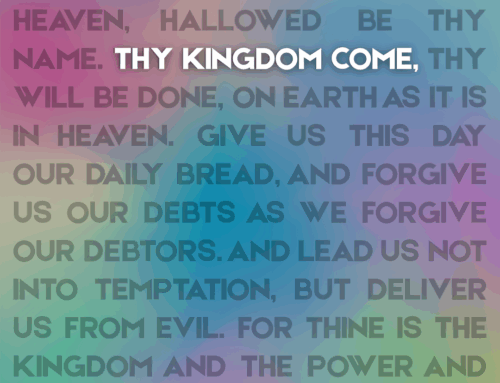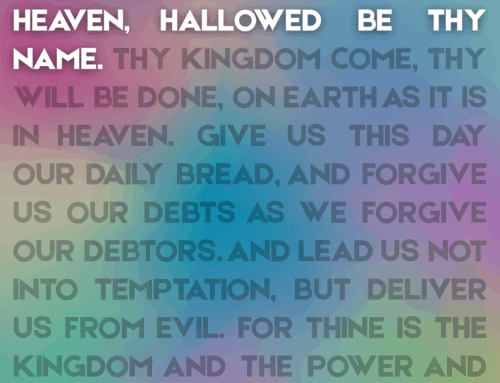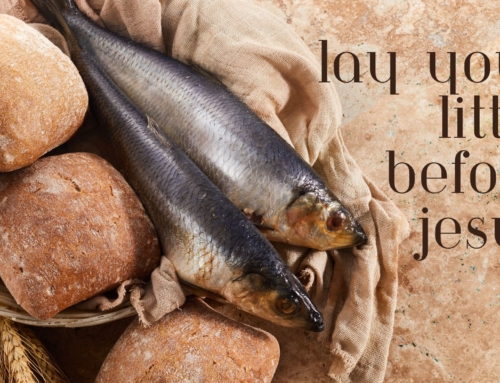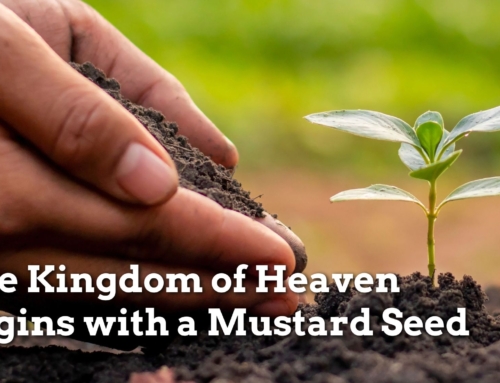Proverbs 9:10 states, The fear of the LORD is the beginning of wisdom, and the knowledge of the Holy One is insight. To live well is to live wisely. It is the message of The Proverbs and Ecclesiastes along with Job. And the Proverbial writer declares that the start of wisdom starts with the fear of the Lord. We’re going to look at this idea of fear from two perspectives. First, fear is often a feeling or emotion. It is rooted within us as we wrestle with our inherent fight, flight or freeze protective system. When we hear this word fear, we can look into our lives to know the experience of fear—as a kid, the fear of the dark or monsters under the bed; as a young adult that you will never get a job or find ‘the one.’ Fear is highly motivating and is the root of most political campaigns, news outlets, and coercive teaching. Why? When you are in a state of fear, you are willing to change, adhere to specific people that can ‘save you’ from the fear, etc.
So, fear in this realm begins as a mental idea and you typically digest it into a physical manifestation—fight, flight or freeze. You already have the experience of taking something from the mind to the heart, if you will! Yet, it is a bit ironic, that the scriptures say 365 times, “Do not fear/be afraid,” isn’t it? This is a bit confusing, yes?! Do not fear…but fear God. It seems a vicious circle in which fear is both a dancing partner to good living while stepping on your toes and tripping you up.
Throughout the Old Testament, especially, we see this language of ‘fear of the Lord.’ In light of our too linear worldview, we think we should be afraid of God. To fear the Lord, the old fiery preacher would declare, is to know that God is the judge and is watching you. Be afraid, repent, and ask for Jesus to advocate with you. Highly motivating (as all fear is!) but such a mischaracterization of God! If God is love (1 John), love is all that can flow from God’s self. Perhaps we have mischaracterized fear of the Lord. Instead, I wish we had whiteout and could replace the word Awe for fear. Awe is the response of the ancients encounters with God as well as ours too. When you experience the transcendence of God, it is awe inspiring and often beyond words. Awe isn’t a mental construct but a flow from deep within us…our heart.






